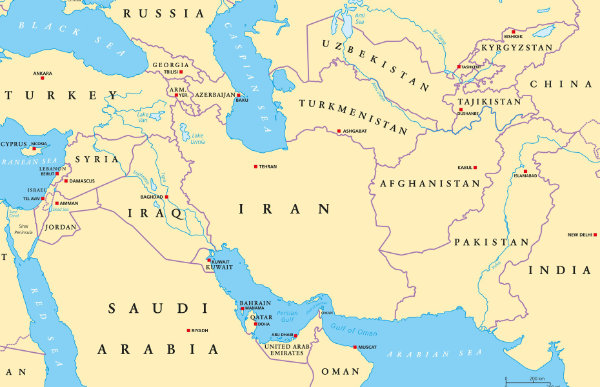Pakistan Taking Its IMF Medicine, 2023/24 GDP Growth Rates Forecast At 3.5%
Ishaq Dar, Pakistan’s Finance Minister said on Saturday (June 10) that a projection in the government’s budget of 3.5% economic growth for the year ending in June 2024 was a “realistic target”. He said the target was “on the low side”, a day after presenting the budget for the fiscal year 2023-24.
The budget is being closely watched by the International Monetary Fund (IMF) as the South Asian country seeks further bailout money. Dar said he was “hopeful” that Pakistan would pass its next IMF review, the country’s ninth, but that he “didn’t think” it would clear reviews beyond that.
In the 2022-23 fiscal year ending this month, the past twelve months have seen Pakistan’s GDP grow at just 0.29%. The fiscal deficit for the following fiscal year was projected at 6.54% of GDP, according to the budget. Dar said on Saturday there was “no more room” in the budget to reduce the fiscal deficit target. This means that while Dar is optimistic about Pakistan’s productive growth, there is still plenty of room for problems as the country continues to spend more than it receives.
However, he said that the government had no plans to reschedule its debt to Paris Club creditor nations or to seek haircuts on its debt. In addition to requirements related to the currency and budget, Pakistan is required to secure firm and credible financing commitments to close the US$6 billion gap between productivity and expense in order to unlock funding under its long-delayed ninth IMF review.

Chris Devonshire-Ellis of Dezan Shira & Associates comments: “Although considered a South Asian state, long-standing political problems with India to the east, plus Pakistan being a Muslim country have long pushed the countries trade and support West, towards the Middle East. However, it has also been subject to spill-over from Islamic fundamentalism in Afghanistan which have created tensions within the Middle Eastern region at the same time. This has significantly hindered Pakistan’s national development.
With some of these regional tensions being overcome by the US initiative the Abraham Accords, China’s recent brokering of a peace deal between Saudi Arabia and Iran, and Russia’s involvement of creating stability in Syria, with the US now ejected from Afghanistan, the future may begin to look brighter for Pakistan – if it can resolve its own internal political issues, abide by IMF guidelines and increase trade with its Western neighbours. A move to align in some format with the GCC and/or other regional trade blocs with the MENA countries over time develop some momentum.”
Related Reading
- Kazakhstan, Pakistan, Discussing Trans-Uzbek-Afghan Railway Routes To Arabian Sea
- China, Pakistan Agree US$10 billion Main Line 1 Railway Link
About Us
Middle East Briefing is one of five regional publications under the Asia Briefing brand. It is supported by Dezan Shira & Associates, a pan-Asia, multi-disciplinary professional services firm that assists foreign investors throughout Asia, including through offices in Dubai (UAE), China, India, Vietnam, Singapore, Indonesia, Italy, Germany, and USA. We also have partner firms in Malaysia, Bangladesh, the Philippines, Thailand, and Australia.
For support with establishing a business in the Middle East, or for assistance in analyzing and entering markets elsewhere in Asia, please contact us at dubai@dezshira.com or visit us at www.dezshira.com. To subscribe for content products from the Middle East Briefing, please click here.


